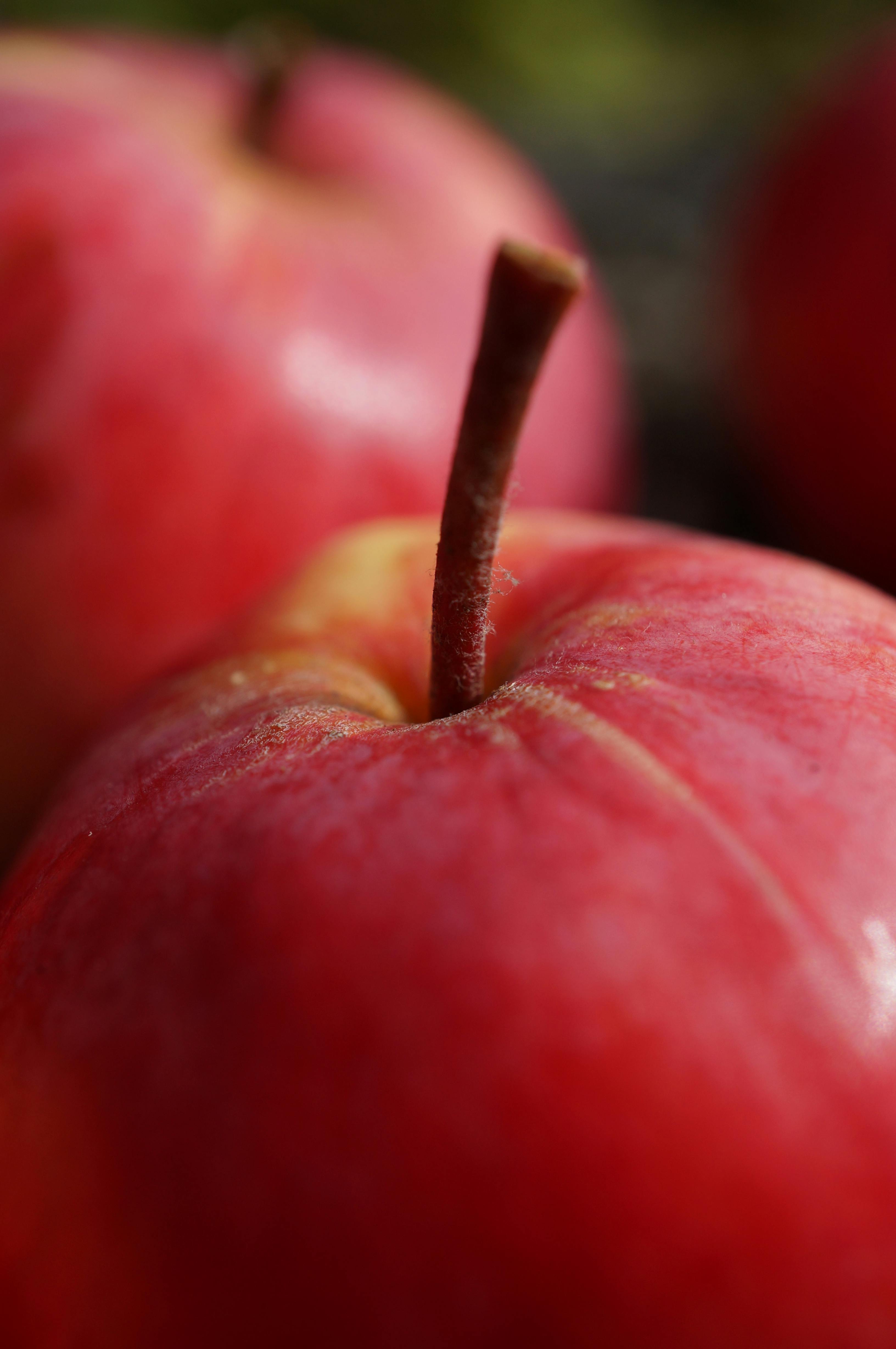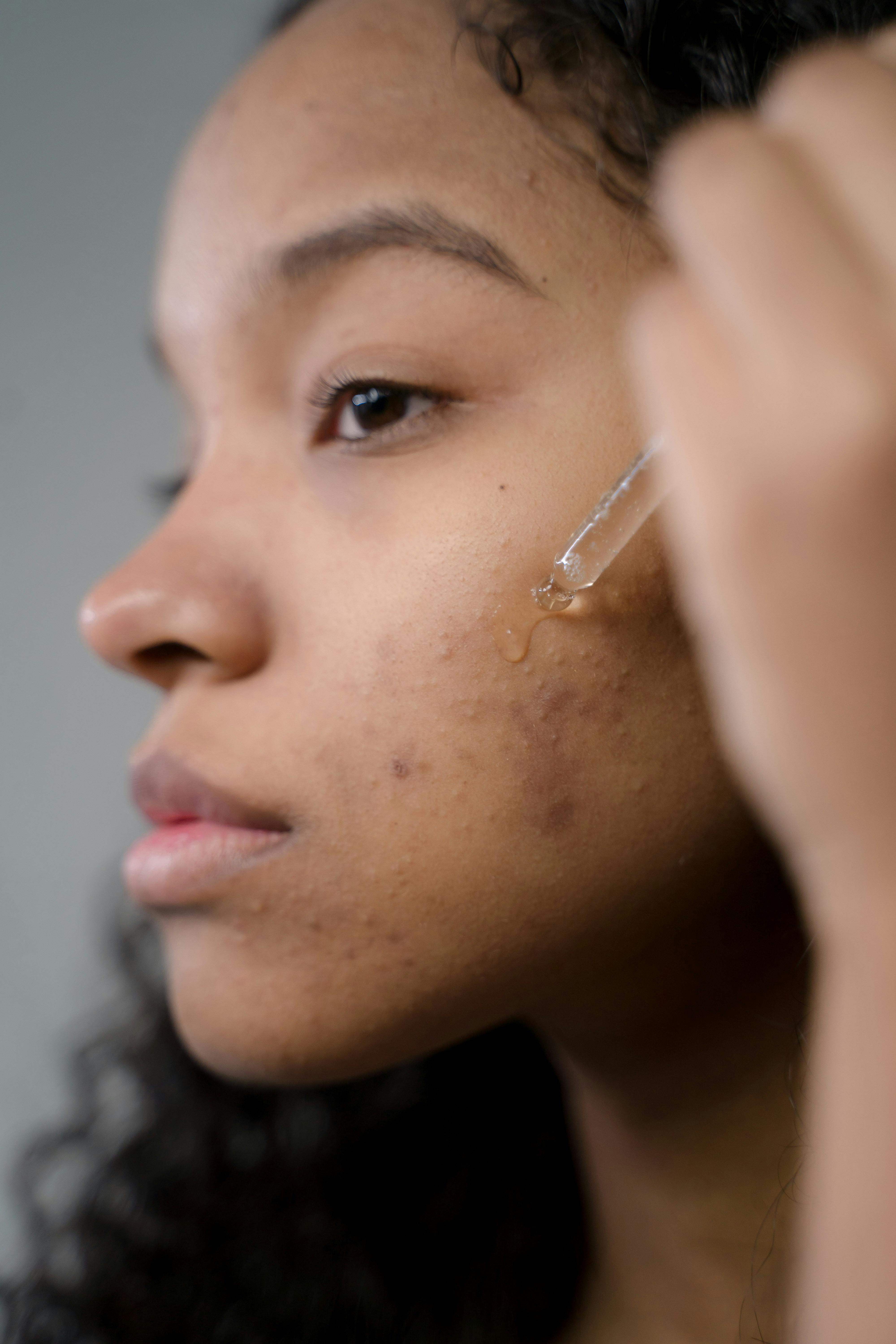Practical Guide to an Acne-Free Diet Plan: 30 Days for Clearer Skin in 2025
Acne is a common skin condition that can affect individuals of all ages, often leading to self-esteem issues and emotional stress. While there are numerous treatments available, one of the most effective ways to combat acne is through diet. In this article, we will explore a comprehensive 30-day acne-free diet plan designed to help you achieve clearer skin by incorporating nutrient-rich foods, avoiding dietary triggers, and establishing healthier eating habits.
The importance of diet in managing acne cannot be overstated. Research indicates that certain foods can either promote or prevent acne flare-ups, making food choices crucial in your skincare routine. By adopting an acne-combating diet, you not only improve your skin, but also enhance your overall health. Throughout this article, you will find meal recommendations, tips on avoiding acne-causing foods, and essential nutrients that contribute to skin health.
By committing to this 30-day acne-free diet plan, you will learn how to effectively manage your skin through nutrition. Here’s what you can expect:
- Insights into the best foods for clear skin
- A clear skin meal plan tailored for acne-prone skin
- Foods to avoid for acne prevention
- Hydration tips and essential vitamins for skin health
Following this roadmap will set you on a path to achieving a radiant complexion that you can confidently showcase.

Essential Foods for Clear Skin
Building on the foundation of acne treatment, this section delves into the essential foods that promote clear skin. Consuming the right diet can significantly influence your skin’s health by supplying necessary nutrients.
Understanding Anti-Inflammatory Foods
Foods rich in anti-inflammatory properties can help reduce redness and swelling associated with acne. Omega-3 fatty acids, found in fish such as salmon and walnuts, are potent anti-inflammatory agents. Including these foods in your diet supports skin health and may prevent future breakouts.
Incorporating Antioxidant-Rich Foods
Antioxidants play a vital role in skin health by neutralizing free radicals, which can damage skin cells and exacerbate acne. Berries, green leafy vegetables, and nuts are excellent sources of antioxidants and should be staples in your diet.
The Role of Hydration in Skin Health
Staying hydrated is essential for maintaining skin elasticity and moisture. Water not only flushes out toxins but also supports nutrient delivery to the skin. Aim for at least eight glasses of water daily, and consider adding hydrating foods like cucumbers and watermelon to boost your fluid intake.
These foundational steps are important, but what about meal planning? This naturally leads us to the specifics of a clear skin meal plan in the next section.
30-Day Clear Skin Meal Plan
Creating a systematic meal plan can make it easier to follow an acne-friendly diet. Here, we present a diverse and delicious 30-day clear skin meal plan that balances nutrients while keeping meals exciting.
Week 1: Introducing Clean Eating
In the first week, focus on integrating wholesome foods into your diet. Start with breakfast options like oatmeal topped with fresh fruits and nuts. Lunchtime can feature salads with mixed greens, avocados, and lean proteins like grilled chicken. Dinner could include baked salmon and roasted vegetables. Emphasizing whole foods sets a strong foundation for your journey.
Week 2: Experimenting with Snacks
During the second week, incorporate skin-friendly snacks into your routine. Fresh vegetable sticks paired with hummus or yogurt-based dips can provide crunch and nutrition. Consider adding smoothies packed with leafy greens, berries, and plant-based protein for added nourishment.
Week 3: Meal Prep for Success
To streamline your diet, week three focuses on meal prep. Prepare large batches of skin-friendly recipes and portion them for the week to avoid reaching for unhealthy snacks. Dishes like quinoa bowls with roasted vegetables and a source of healthy fats can be both satisfying and acne-friendly.
Week 4: Fine-tuning Your Diet
In the final week, assess what worked best for you and make necessary adjustments. Keep an eye on any dietary triggers, and continue refining your meals to ensure they align with your skin’s needs. Include more probiotic-rich foods, such as yogurt and fermented vegetables, to further support skin health.
Transitioning from meal plans to snacks, let’s explore the best practices for incorporating acne-fighting foods more seamlessly into your diet.
Best Practices for Incorporating Acne-Fighting Foods
To successfully manage your diet for clearer skin, understanding how to incorporate acne-fighting foods into your meals is crucial. A systemic approach can yield better results.
Finding the Right Balance
Ensuring your meals contain a balanced combination of proteins, healthy fats, and carbohydrates is essential. Lean proteins like chicken, turkey or plant alternatives provide essential amino acids that help in skin repair. Healthy fats from sources like avocados, nuts, and seeds contribute to skin moisture, while incorporating low-glycemic carbohydrates helps to prevent spikes in blood sugar that can trigger acne.
Monitoring Dietary Triggers
Being aware of individual dietary triggers is crucial in maintaining clear skin. Some may find that dairy or high-sugar foods aggravate their acne. Experimenting with an elimination diet can help identify specific allergens or irritants.
Cooking Methods that Preserve Nutrients
How you prepare your food can impact its nutritional value. Opt for cooking methods that preserve nutrients, such as steaming, baking, or grilling. These methods minimize the loss of vitamins and antioxidants compared to frying, which may add unhealthy fats.

With a robust understanding of how to incorporate these foods, it might be beneficial to answer some frequently asked questions about diet and acne.
Frequently Asked Questions About Acne Diets
What are some common dietary triggers for acne?
Common dietary triggers for acne include high-sugar foods, dairy products, and processed foods. These can lead to increased inflammation and hormonal fluctuations, exacerbating acne symptoms.
How can hydration help improve my skin condition?
Hydration is critical for skin health. It helps maintain elasticity, reduces dryness, and flushes out toxins from the body. Aim for a balanced intake of both water and water-rich foods.
Are there specific supplements that can help with acne?
Certain supplements can benefit skin health, including omega-3 fatty acids, zinc, and probiotics. Consulting with a healthcare provider before starting any new supplements is recommended.
How long does it take to see results from a clear skin diet?
Results can vary, but many people begin to notice improvements in their skin within 4-6 weeks of adopting a dedicated clear skin diet. Consistency is key.
Can I still enjoy treats while on an acne-free diet?
Yes, you can enjoy treats in moderation. The important aspect is to be aware of ingredients that may trigger acne and opt for healthier alternatives whenever possible.
A proper diet is a significant step towards managing acne effectively, emphasizing wholesome foods, hydration, and natural skincare practices. Accompanying these dietary adjustments with a mindful approach will support your journey to achieving clear skin.
